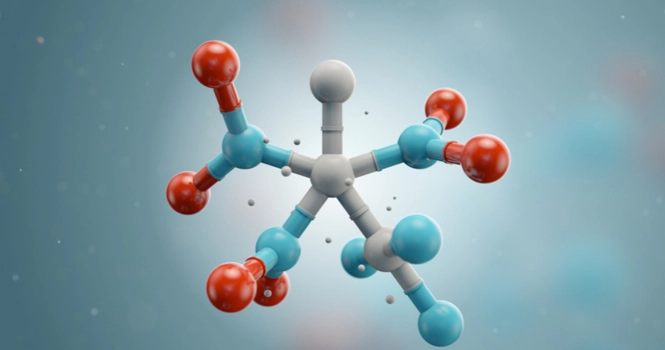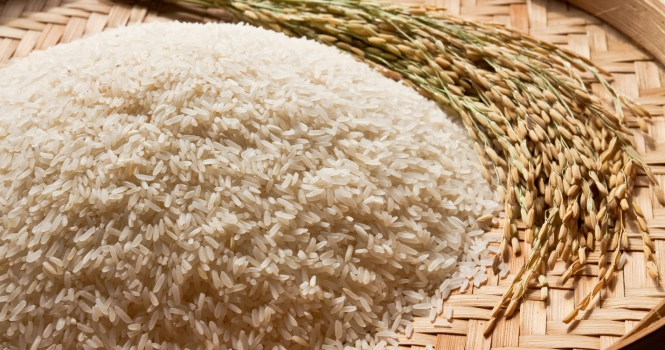Exploring the Amino Acid Profile of Soya Chunks

Soya chunks, derived from soybeans, are known for their rich protein content and comprehensive amino acid profile.
Amino acids are the building blocks of proteins, and there are twenty different amino acids that combine in various ways to form proteins.
Amino acid + Amino acid = Protein
Nine of these are considered essential amino acids because the body cannot synthesize them and they must be obtained through diet.
The amino acid profile of soya chunks is particularly notable because it includes all nine essential amino acids, making soya protein a “complete” protein source, which is somewhat rare in the plant kingdom.
Essential amino acids found in soya chunks
1. Histidine: Important for growth and repair of tissues, and the production of both red and white blood cells.
2. Isoleucine: Plays a role in muscle metabolism and is heavily concentrated in muscle tissue.
3. Leucine: Crucial for protein synthesis and muscle repair, as well as regulating blood sugar levels.
4. Lysine: Important for protein synthesis, hormone and enzyme production, and the absorption of calcium.
5. Methionine: Acts as a precursor to other amino acids like cysteine and taurine, and is important for metabolism and detoxification.
6. Phenylalanine: A precursor for neurotransmitters like dopamine, norepinephrine, and epinephrine.
7. Threonine: Plays a part in fat metabolism and immune function.
8. Tryptophan: Known for its role in producing serotonin, a neurotransmitter that regulates mood, sleep, and appetite.
9. Valine: Stimulates muscle growth and regeneration and is involved in energy production.
In addition to these essential amino acids, soya chunks also contain non-essential amino acids, which the body can produce on its own.
The presence of both essential and non-essential amino acids makes soya chunks an excellent protein source for muscle repair, growth, and general health, especially for vegetarians and vegans or those looking to reduce their meat consumption.
This comprehensive amino acid profile supports various bodily functions, including hormonal balance, immune response, and nervous system health.












